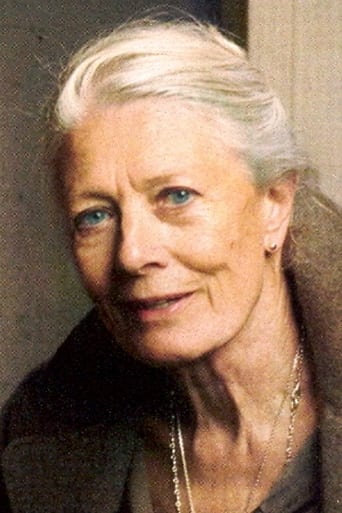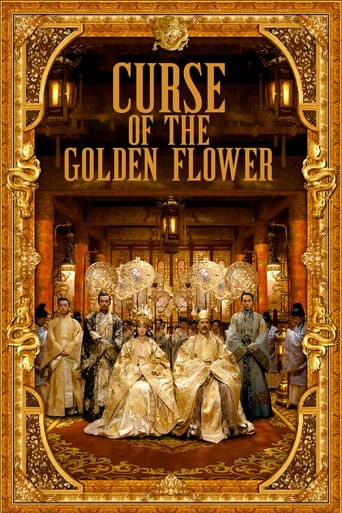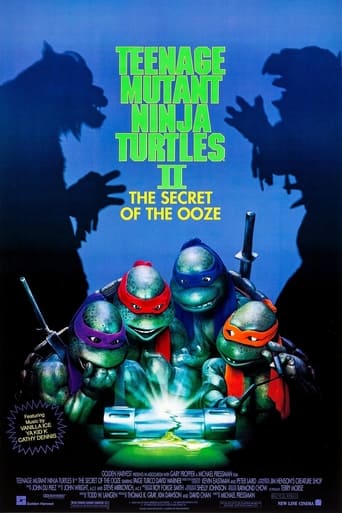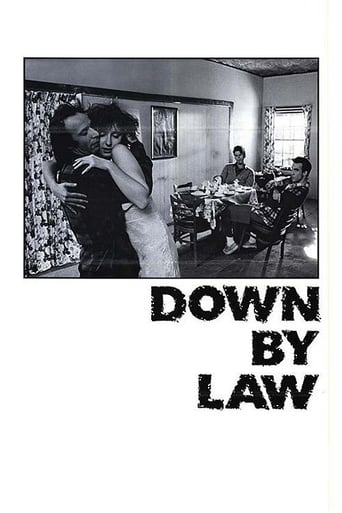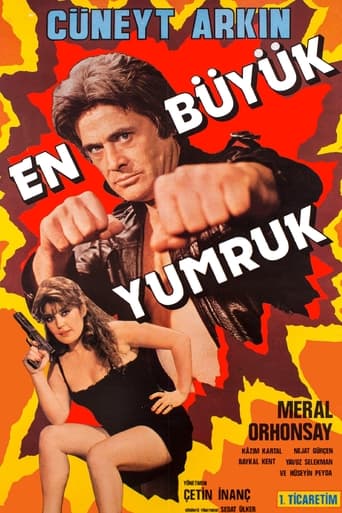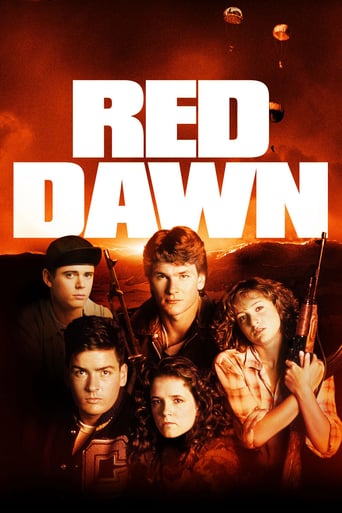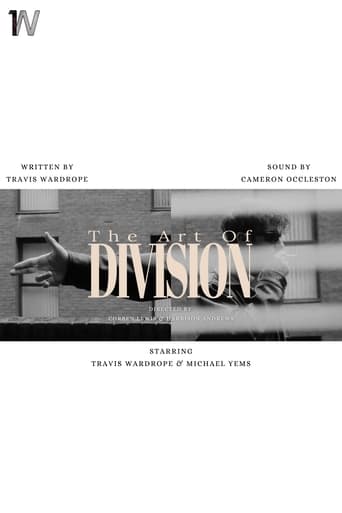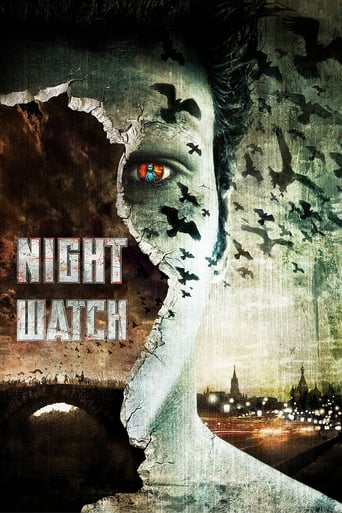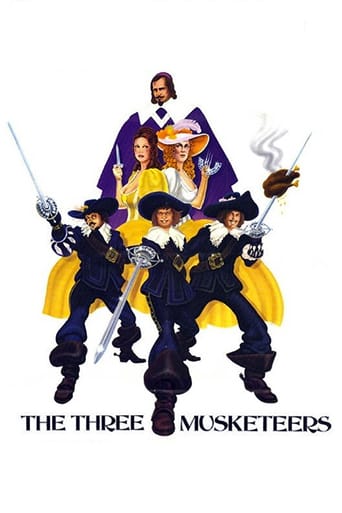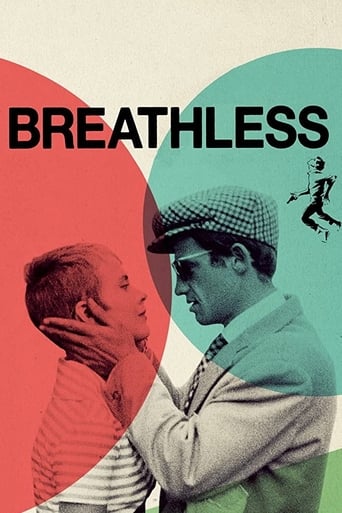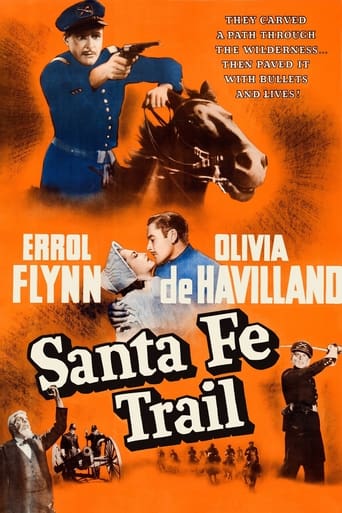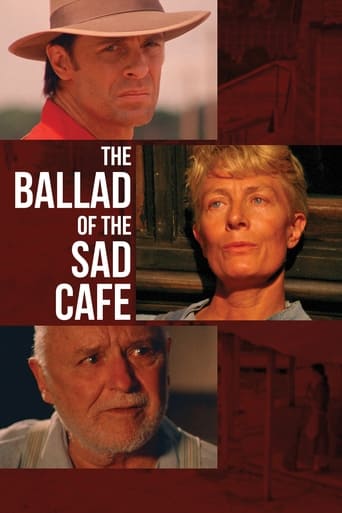
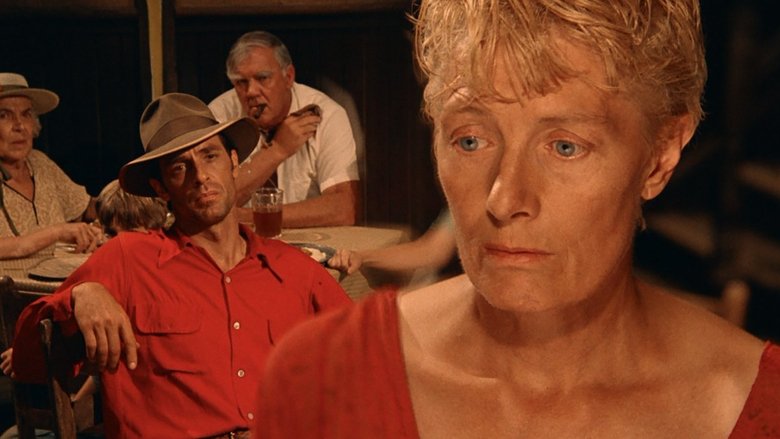
The Ballad of the Sad Cafe (1991)
A small-town eccentric opens a café in her decaying home.
Watch Trailer
Cast


Similar titles
Reviews
The first time I saw this film I thought it was very bad, and I did not understand it then I read some posts at the discussion board about it and not only watched it again, but read the story on which it was based.I ended up going from my original 1 star rating to a 10 star rating.I became totally enthralled with this film and this story once I finally understood what it was about.Keith Carradine as Marvin Macy, is totally HOT. He is broodingly handsome and how Miss Amelia could resist him, I can't even imagine. However, she is besotted by Lyman a "little person", back then referred to as a dwarf--possibly a distant cousin--who has turned up in her life unexpectedly.Lyman is sometimes unkind to Miss Amelia. He also leeches off her while trying to attract the attentions of Marvin Macy. Yes, there are some marvelous homosexual undercurrents in this story that I completely missed the first time around.Marvin is obsessed with Amelia but he's flattered by Lyman's interest in him.Unfortunately no love scenes occur between any of the characters, but it is still a fascinating character study.Eventually this develops into a jealous, obsessive love triangle with some very unexpected results, and tragic conssequences.Southern Gothic at its best!
I caught this film on IFC one night. I felt compelled to watch this because of the performances. I don't know anything of the book nor the play. I found the movie very enjoyable and the performances rather good. Miss Amelia's part was amazing to me. Vanessa Redgrave did a great job in this movie even if it doesn't fit the book or the play. She was the main reason I was drawn to watching this movie. I found that the part where Rod Steiger told the story of the "lover and the beloved" was the fulcrum of this film. I had the feeling that cousin Lymon was just like Marvin Macy. The character was a user who just latched onto people who he could take advantage of, that is why they get together in the end. They both met the same goal even if they both used Miss Amelia in different ways. I did find that the director could have done a better job with all the coordination between the characters, they could have meshed better. It's OK not to reveal why people act the way they do with each other (Miss Amelia kicking Marvin Macy out on the night of the wedding). Rod Steiger already stated that Marvin Macy was not a great person prior to this. I think that Miss Amelia just wouldn't let Marvin Macy take any advantage of her in any manner and it started on the wedding night. It boiled down to a boxing match between the two. The fact they both hit each other at the first punch and the look on Marvin's face hit this fact home. That's my view.
"The Ballad of the Sad Café" worked hard at its image, but when it came down to crunch-time, it was left standing in its own self-created dust.One cannot image saying this out loud, but if Vanessa Redgrave's Amelia were to fight John Wayne or even Clint Eastwood, my hard-earned dollars would have to go to Redgrave. Her portrayal of Amelia was as close to perfection and consumed with more detailed dedication than most actors are willing to give to any multi-million dollar contracted persona. Redgrave gave Amelia this soulful drawl that was a blend of her own unique voice and a hard-earned woman from the south. To the average viewer, this could be construed as annoying, but as the film progressed it became her Miss Amelia transforming this stage beauty into a roughneck. It was Redgrave's performance, as well as her interaction with the other characters, that made this film stand tall but not the tallest. The others following her performance were needed, but not stellar. As we moved past the murky cliché image passed on by every set designer hired for the post-Depression South job, the minor characters felt like poster board. The image was needed to set the scene, but the characters of the town had no other purpose. Take for example Rod Steiger's vision of some old, wild spoken preacher. His scenes alone will make any viewer question the validity of this off-the-beaten-path town. The main two players who surrounded Amelia battled with charm for the admirable top scene-stealing moment, but due to the lacking direction it just seemed faded. The most absurd of the two (albeit both rank high among the questionable sanity line) is Cork Hubbard who plays Amelia's "cousin" who shows up randomly one night. His character is never quite defined, he lacks true motive, and his loyalties remain uncertain. He plays no vital role in this film outside of forcing us, the viewers, to question his sanity and honesty. Can you create a character simply by sticking out your tongue, flicking your ears, and punching your chest and head? Finally, there is the other end of the absurd Keith Carradine. Callow's close-ups of this tormented man build character, but our lack of understanding between him and Amelia causes his purpose to flounder. These were the characters, as cliché Southern as they were some stood forward and attempted to create an absurdist period piece, and I cannot argue that they failed.Where "Ballad of the Sad Café" failed to rise above mediocrity was in the cinematography and narrative. This film was about Amelia, and her need for other souls in her life. The audience's level of comfort with the arrival of her midget cousin was entertaining one couldn't help but wonder if he was honest or merely a confidence man attempt to leech off a warm heart. Cork Hubbard's character is never quite understood, but we do accept him with brief shots of him and Amelia doing small things together. It is his idea that transforms from a recluse businesswoman to a bona-fide café owner. The problem is that director Callow never quite takes us to that dramatic take level between Cork and Redgrave is the man crazy or does he represent all of Amelia's family? I needed something from Callow that brought these two out of the David Lynch-esquire relationship that they had. Then our pool gets even deeper with the addition of Carradine as Amelia's "love interest". Using the technique of a flashback within a flashback, we see the two wed, but never consummate their love which Amelia's anger against their love drawing him into the world of madness. Why was Amelia so angry? Why was there no connection between Carradine and Redgrave? Why was this even in the film? With the lack of focus towards these characters's connection, the eventual scenes between the two made no sense throw in Cork's choice and it just gets completely discombobulated. While there were a few beautiful choreographed scenes that Callow created, the inability to transfer his characters from point A to point B. I lost focus, interest, and my care for the characters plummeted when I didn't understand the ultimate question "why"? Overall, "The Ballad of the Sad Café" began with a bang, but ended with a very small crack of a firecracker. My emotional feel of this film swung up and down, up and down, and eventually stayed further down mainly due to the lack of understanding of the motives of the characters. Redgrave did a phenomenal job as Amelia, and while the other characters (outside of the random Steiger) tried their best, I just didn't quite understand who they were. Their motives were so muddled that when the emotional ending finally occurred, I was apathetic. Director Callow seemed to have been lacking importing connecting scenes that would allow us to understand the dynamic relationship between all of our main players. Callow created some beautiful scenes where faces seemed to overlap the scenery, which allowed us to focus on Amelia or Carradine, but nothing was explained or developed. The film played out with anger, discover, happiness, flashback, anger, anger, anger, fade out. Without the comparative connectors, this transformed from distinguished period film to actors playing parts in front of camera. It was a shame, because "Sad Café" had the promise, it just couldn't deliver.Grade: ** ½ out of *****
Simon Callow is a great director and a visionary and should set his sights on directing again. Edward Albee's story is touching and funny, a true classic and Callow does a solid and witty job of bringing it to life. The acting by Carradine is questionable but Vanessa Redgrave makes up for that. Also Rod Steiger is always a sure thing. Callow should do more directing.


